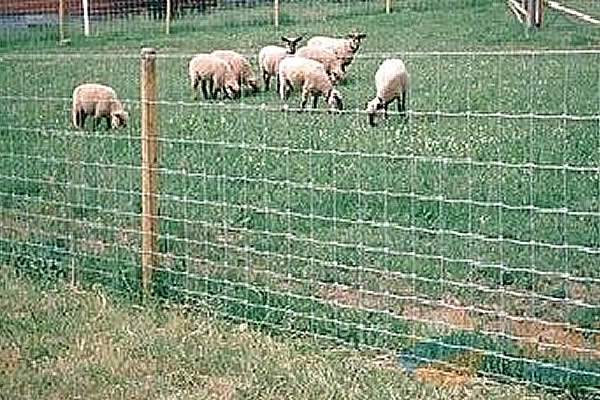 TEL:
+86-13102802206
TEL:
+86-13102802206
 Email:
fencenetting@china.com
Email:
fencenetting@china.com
 Language
Language
 TEL:
+86-13102802206
TEL:
+86-13102802206
 Email:
fencenetting@china.com
Email:
fencenetting@china.com
 Language
Language


Understanding the Costs of Barbed Wire Fencing A Comprehensive Guide
Barbed wire fencing has long been a popular choice for agricultural, residential, and commercial properties due to its effectiveness in securing boundaries while being one of the more economical options available. Understanding the costs associated with barbed wire fencing is essential for anyone considering installation, whether for livestock management, property security, or other applications. This article explores the various factors that contribute to the overall cost of barbed wire fencing, helping you to make an informed decision.
1. Initial Material Costs
The primary element affecting the cost of barbed wire fencing is the material itself. Barbed wire comes in various grades and types, typically made of high tensile steel or low carbon steel coated with galvanized material to resist rust and corrosion. The price per roll of barbed wire can vary significantly based on the gauge (thickness) and the type of coating. On average, expect to pay between $0.10 and $0.30 per linear foot for standard barbed wire.
2. Fencing Posts
In addition to the wire, proper fencing requires sturdy posts to support it. Common types of posts include wooden, metal, and vinyl, each with its own price point. Wooden posts tend to be the least expensive, averaging around $2 to $5 each, while metal posts can range from $5 to $10 or more. When calculating your total fencing cost, factor in the spacing between posts, which is usually around 8 to 12 feet apart, depending on local regulations and the type of fencing you are installing.
3. Labor Costs
While some property owners may choose to install their fences themselves to save money, hiring professionals is often advisable for large or complex projects. Labor costs can vary widely based on location, contractor experience, and project size. On average, hiring a fencing contractor may cost anywhere from $30 to $70 per hour, and a straightforward barbed wire fencing installation could take several hours to complete, depending on length and terrain. Always obtain multiple quotes to ensure a fair price.

In addition to the main materials and labor, various additional components may be necessary, depending on the specific requirements of your property. These can include
- Barbed Wire Extenders If your fencing requires a higher reach, additional extenders might be needed. These can increase total costs. - Gates If you need gates for access, be sure to include these in your budget as they can range from $100 to over $500, depending on material and size. - Accessories Clips, tension bands, and corner braces are necessary for a stable and secure fence. These small costs can add up quickly, so be aware of the additional budget needed.
5. Environmental Factors
The installation site can also impact costs. Locations with rocky or uneven terrain may require extra labor or specialized equipment, leading to higher expenses. Conversely, flat, clear land may yield easier and cheaper installations.
6. Maintenance and Longevity
When budgeting for a barbed wire fence, consider long-term maintenance costs. While barbed wire is durable, it may require periodic repairs and adjustments over the years. Regular inspections can help identify potential issues early, preventing costly repairs in the future. Additionally, investing in high-quality, galvanized materials can prolong the life of your fencing and reduce long-term costs.
Conclusion
Overall, the cost of barbed wire fencing can range significantly based on material choice, labor, and any additional components required for installation. On average, property owners can expect to spend anywhere from $1.50 to $3.50 per linear foot when accounting for all associated costs. While barbed wire fencing is an economical option, thorough planning and budget consideration are key to ensuring a successful installation that meets your fencing needs. By understanding the factors involved, you can effectively budget for your fencing project and enjoy the peace of mind that comes with a secure boundary for your property.